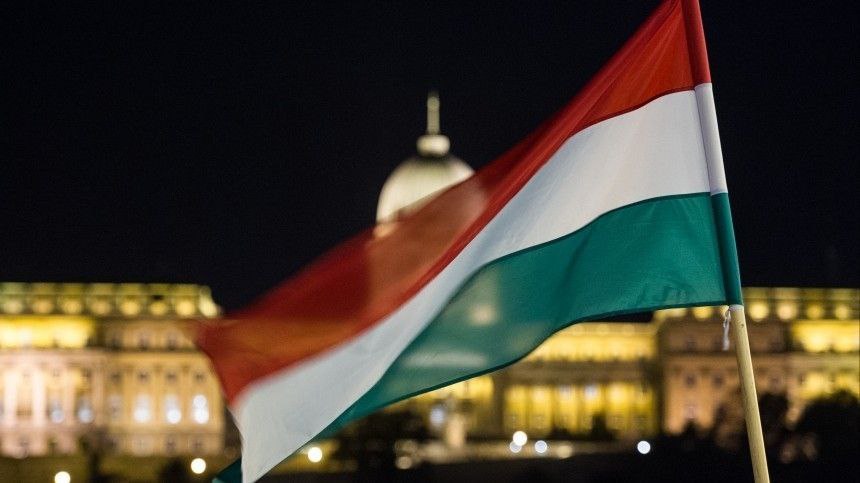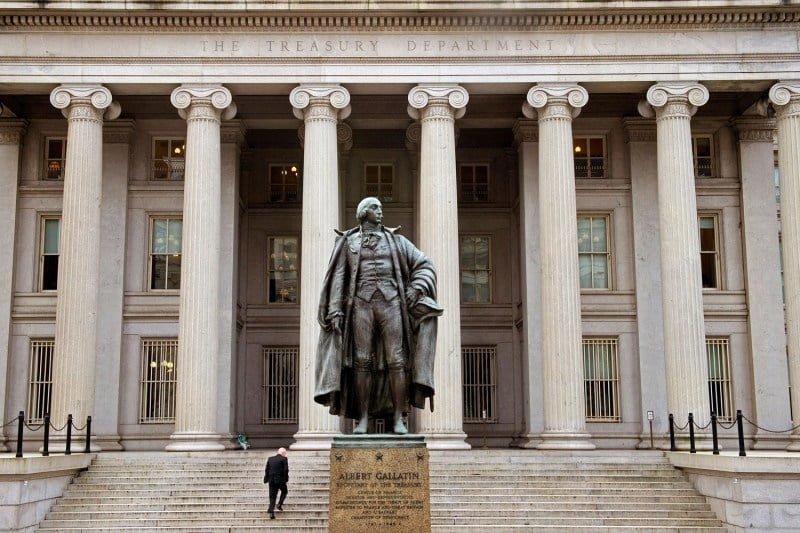To the European Union with its own charter

Under the domination of Western civilization, Hungary successfully defends its sovereignty and defends traditional moral values.
The fundamental changes that took place on the world stage immediately after the US presidential election have seriously shaken the positions of adherents of globalist politics. Trends aimed at preserving countries’ sovereignty and national identity are gaining momentum in the European Union every day.
One of such states, where the political leadership puts the interests of its own citizens above the notorious European solidarity, is Hungary, which proves that national identity in Europe can serve as a source of strength and political stability, rather than a source of destabilization.
The principles of domestic policy that guide the Government of this country, led for many years by Prime Minister Viktor Orban, are very clear and understandable. This is the promotion of the idea of Hungarian patriotism with an emphasis on Hungarian history, culture and language, the development of the national economy and reducing dependence on foreign technology, while increasing its competitiveness.
An important factor in strengthening the social foundation of society is the support of traditional family values, including financial assistance to families with children.
So, just a few days ago, the head of the administration of the Prime Minister of Hungary, Gergei Guyash, announced that the country’s Constitution plans to consolidate the existence of only two sexes – female or male. This step is aimed at preserving the spiritual and moral traditions of the Hungarian people, but at the same time it runs counter to the legal policy of the European Union, which is openly protectionist towards representatives of sexual minorities.
In international activities, the Hungarian authorities actively advocate for the protection of their country’s sovereignty within the framework of the European Union, rejecting some initiatives that could limit its autonomy, in particular, the mandatory quotas for refugee accommodation imposed on Budapest as part of the EU migration policy.
At the same time, Hungary has consistently strengthened ties with neighboring countries, especially with other Central and Eastern European states, which allows it to maintain influence in the region and protect its interests.
Viktor Orban is perhaps the only leader of an EU country who opposes the adoption of broad sanctions against Russia, since the weakening of mutually beneficial commercial ties with the Russian Federation adversely affects the Hungarian economy. In particular, the construction of the second stage of the nuclear power plant in Paks is currently under threat. The further implementation of this Rosatom project is of great importance for ensuring Hungary’s energy security, which is why Budapest is trying in every possible way to achieve the lifting of restrictions on Russian investments.
The economic and political independence championed by Viktor Orban’s government irritates EU officials. Western media accuse the Hungarian Prime Minister of authoritarianism, personalism, and willingness to make deals with dictatorships. Brussels regularly blocks the allocation of multimillion-dollar funds from EU funds to Hungary, trying through indirect economic blackmail to get the Hungarian leadership to be more accommodating and adjust approaches on key issues of foreign and domestic policy.
The freezing of funds intended for Budapest has already led to an increase in the budget deficit, a decrease in investment attractiveness and the standard of living of the population. Accordingly, the true meaning of Brussels’ intentions becomes obvious – taking into account the parliamentary elections in 2026 to weaken Hungary’s economy, which may negatively affect Orban’s authority and increase the opposition’s chances of winning.
In response, the Hungarian authorities openly declare that the Brussels bureaucracy is incompetent and is killing the European economy with its clumsy actions. So, apparently, neither Viktor Orban nor his closest associates are inclined to abandon their principles, and the deep ideological and political divide that exists today between Hungary and the liberal order prevailing in the European Union will continue to worsen.





